ORIGINAL RESEARCH
Published on 16 Nov 2021
Volume Overload Initiates an Immune Response in the Right Ventricle at the Neonatal Stage

doi 10.3389/fcvm.2021.772336
- 1,689 views
- 11 citations
9,052
Total downloads
38k
Total views and downloads
ORIGINAL RESEARCH
Published on 16 Nov 2021

REVIEW
Published on 28 May 2021
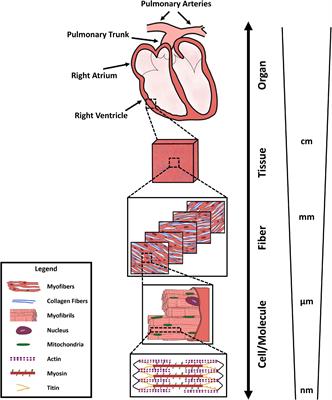
MINI REVIEW
Published on 02 Mar 2021
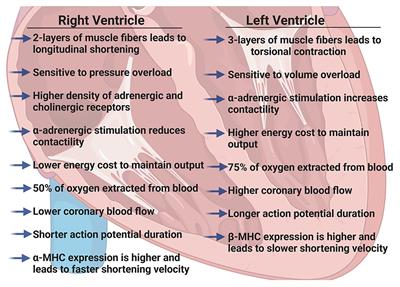
ORIGINAL RESEARCH
Published on 26 Feb 2021
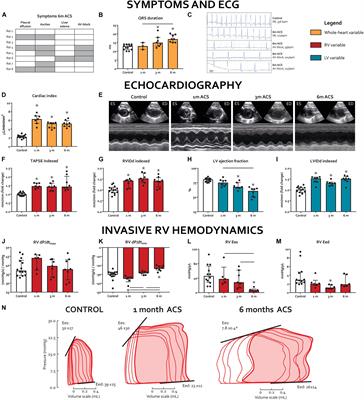
REVIEW
Published on 26 Jan 2021
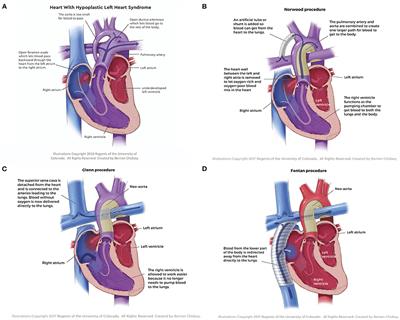
REVIEW
Published on 18 Jan 2021
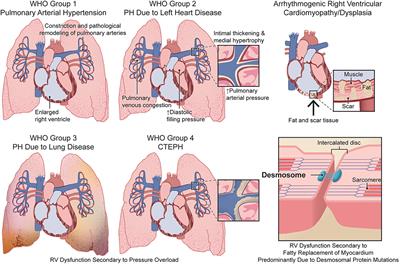
ORIGINAL RESEARCH
Published on 21 Dec 2020

